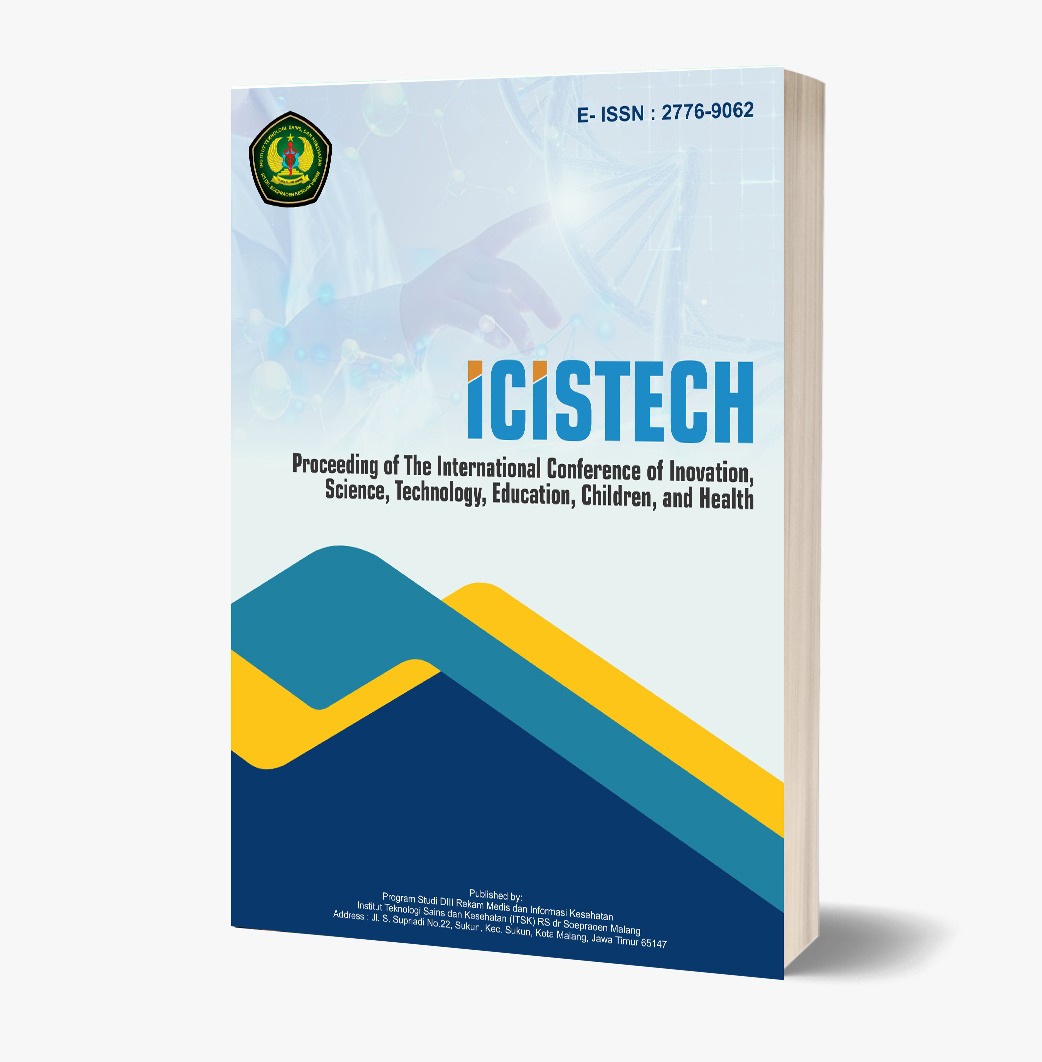Digital Parenting: The Role of Technology in Shaping Modern Child Rearing
DOI:
https://doi.org/10.62951/icistech.v4i2.132Keywords:
Digital Parenting, Child Development, Technology and Parenting, Screen Time Management, Online SafetyAbstract
With the rise of digital media, parenting strategies have evolved to incorporate technology in child-rearing practices. This paper examines the role of digital tools, such as parental control apps, online safety guidelines, and educational platforms, in modern parenting. The study explores the balance between screen time and healthy child development, providing recommendations for responsible digital parenting.
References
Chaudron, S., Beutel, M. E., Jannsen, D., & Livingstone, S. (2018). Digital parenting: The role of media literacy in child development. Journal of Child Media Studies, 12(2), 87-102.
Holloway, D., Green, L., & Livingstone, S. (2013). Zero to eight: Young children and their internet use. European Journal of Communication, 28(1), 5-24.
Lauricella, A. R., Wartella, E., & Rideout, V. (2015). Young children's screen time: The role of parents as mediators and educators. Journal of Children and Media, 9(1), 55-71.
Livingstone, S., & Blum-Ross, A. (2020). Parenting for a digital future: How hopes and fears about technology shape children's lives. Oxford University Press.
Lwin, M. O., Stanaland, A. J. S., & Miyazaki, A. D. (2008). Protecting children’s privacy online: How parental mediation strategies affect website safeguard effectiveness. Journal of Retailing, 84(4), 345-358.
Mascheroni, G., & Olafsson, K. (2014). Net children go mobile: Risks and opportunities. Journal of Media Studies, 6(1), 20-38.
Nathanson, A. I. (2015). Restrictive mediation in the digital age: Parental rules and children’s internet use. Journal of Family Communication, 15(2), 163-177.
Nikken, P., & Schols, M. (2015). How and why parents guide the media use of young children. Journal of Child and Family Studies, 24(11), 3423-3435.
O'Keeffe, G. S., Clarke-Pearson, K., & Council on Communications and Media (2011). The impact of social media on children, adolescents, and families. Pediatrics, 127(4), 800-804.
Rideout, V., & Robb, M. B. (2020). The common sense census: Media use by kids age zero to eight. Common Sense Media Report.
Staksrud, E., Ólafsson, K., & Livingstone, S. (2013). Does the use of social networking sites increase children’s risk of harm? Computers in Human Behavior, 29(1), 40-50.
Valkenburg, P. M., & Piotrowski, J. T. (2017). Plugged in: How media attract and affect youth. Yale University Press.
Wartella, E., Rideout, V., Lauricella, A. R., & Connell, S. (2013). Parenting in the age of digital technology. Journal of Children and Media, 7(1), 55-69.
Zaman, B., Nouwen, M., Vanattenhoven, J., de Ferrerre, E., & Van Looy, J. (2016). Parental controls: Advice for balancing screen time and child development. Computers in Human Behavior, 57, 300-306.
Zhao, S., Grasmuck, S., & Martin, J. (2008). Identity construction on Facebook: Digital selves in an era of online social networking. Computers in Human Behavior, 24(5), 1816-1836.
Downloads
Published
How to Cite
Issue
Section
License
Copyright (c) 2024 Proceeding of The International Conference of Inovation, Science, Technology, Education, Children, and Health

This work is licensed under a Creative Commons Attribution-ShareAlike 4.0 International License.













